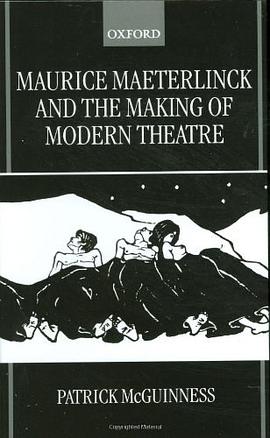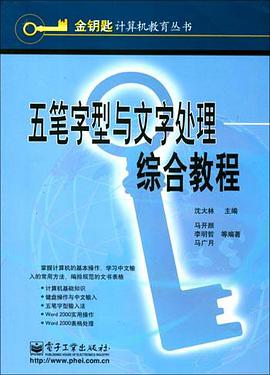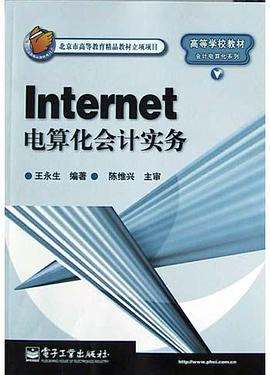

This is a study of one of theatre's quietest but most radical innovators. The playwright, poet, and essayist Maurice Maeterlinck (1862-1949) has been called the prodigal father of the Theatre of the Absurd. Admired by writers as diverse as Mallarme and Yeats, Artaud and Strindberg, Chekhov and Jarry, Maeterlinck was the most celebrated avant-garde playwright of his day. By 1900 he had given theatre a new set of bearings: 'static theatre', 'the theatre of the unexpressed', and 'the tragic of the everyday'. He had, according to Rilke, relocated theatre's centre of gravity, replacing action with inaction, events with the eventless, and dialogue with a semantics of silence as expressive as any of Symbolism's most sophisticated poetic constructions. The author of the supreme Symbolist play, Pelleas and Melisande, and of haunting, minimalist dramas of waiting (L'Intruse, Les Aveugles, Interieur), Maeterlinck laid the foundations for the most revolutionary theatre of the twentieth century. Opening with a chapter on Maeterlinck's Symbolist and decadent beginnings, and proceeding by way of comparative readings of Maeterlinck and contemporary Symbolist dramatic theory (with particular attention to Mallarme), Maurice Maeterlinck and the Making of Modern Theatre provides close readings of the one-act plays, and his seminal theories of static theatre and the theatre of waiting.
具體描述
讀後感
評分
評分
評分
評分
用戶評價
相關圖書
本站所有內容均為互聯網搜索引擎提供的公開搜索信息,本站不存儲任何數據與內容,任何內容與數據均與本站無關,如有需要請聯繫相關搜索引擎包括但不限於百度,google,bing,sogou 等
© 2025 qciss.net All Rights Reserved. 小哈圖書下載中心 版权所有




















